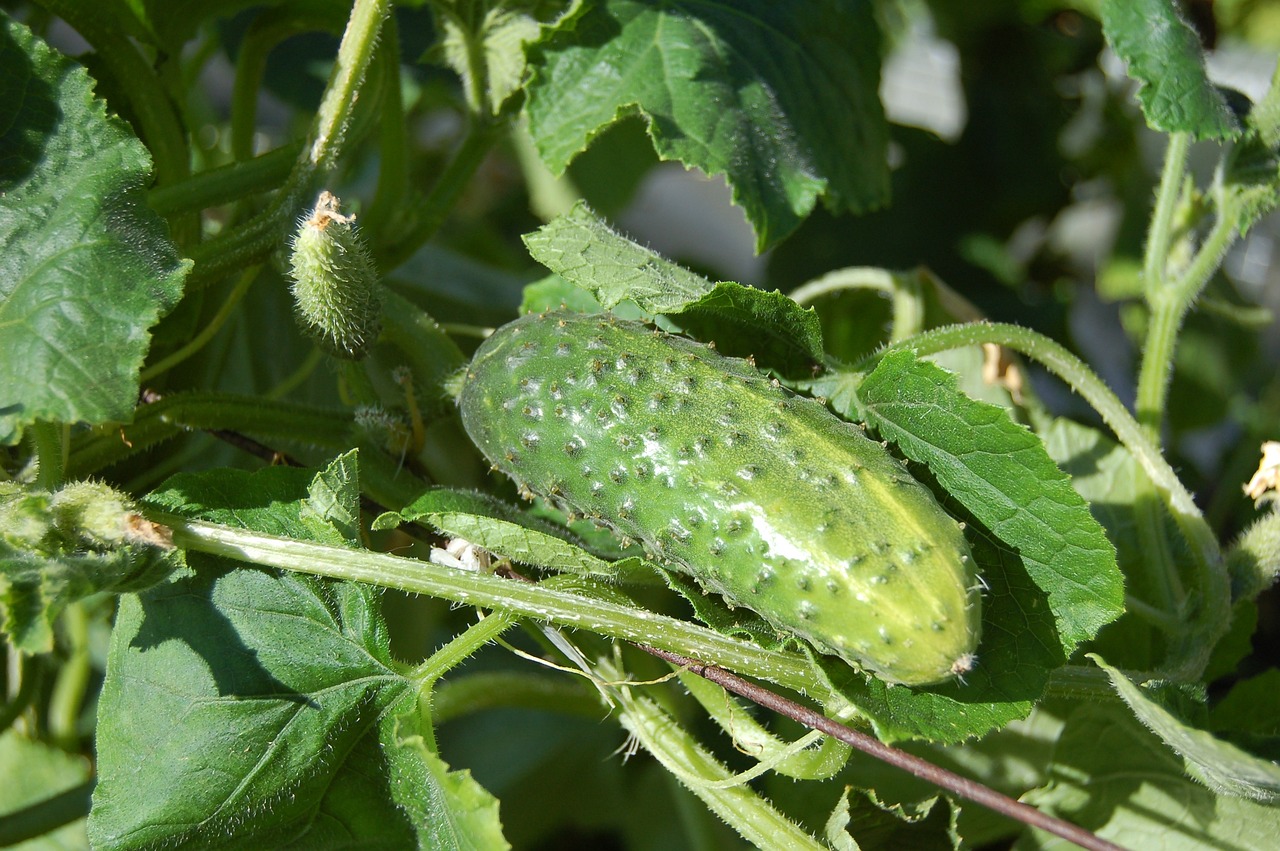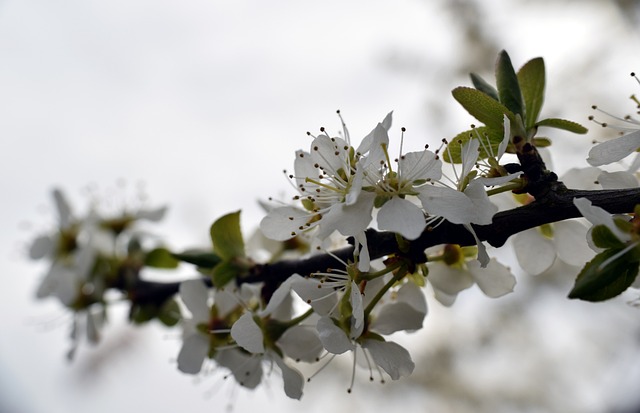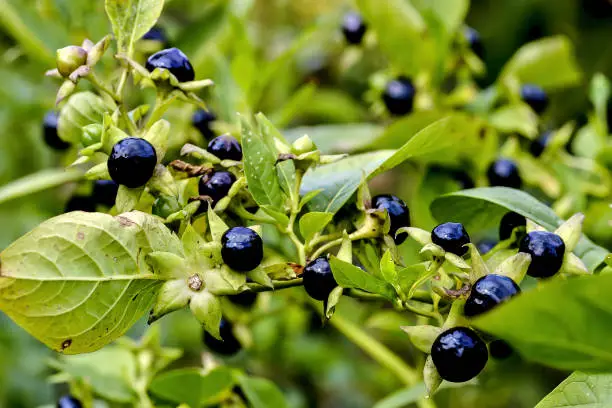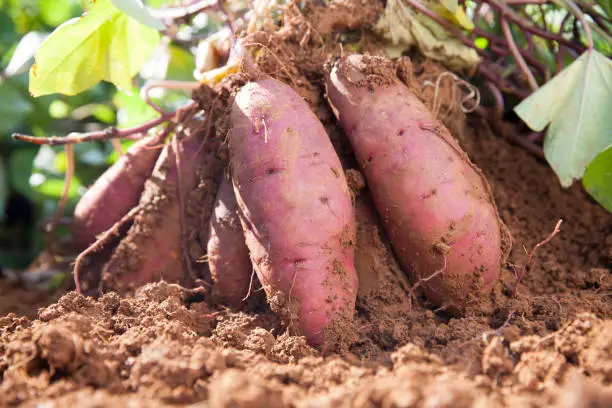Baby Cucumbers Dying On The Vine 7 effective reasons
In the lush green tapestry of a thriving garden, a silent tragedy unfolds the poignant story of baby cucumbers, once full of promise, now withering away on the vine like forgotten dreams.
Little cucumbers can succumb to various factors such as insufficient watering, pest invasions, or lurking diseases. To combat these issues, it’s essential to master the art of proper watering techniques, ensuring your cucumber plants receive consistent moisture.
Baby Cucumbers Dying On The Vine
Check your watering habits over or under-watering can spell disaster for these delicate plants. The garden pests and diseases that might be wreaking havoc, as they’re a common culprit.
Warm air and soil in the sweet spot of 70-80°F are cucumber’s best friends, so ensure the right climate. Planting too early when frost still lurks can be a cucumber catastrophe. And remember, these little green wonders need some matchmaking; proper pollination is the key to their fruitful future.
Explore the world of natural pest control with techniques like companion planting and organic solutions such as neem oil. Additionally, learn to identify and tackle common cucumber diseases like powdery mildew to safeguard your crop.

7 Reasons for baby cucumbers dying on vine:
Certainly, here’s more information for each of the possible reasons why baby cucumbers might be dying on the vine:
Poor pollination:
Cucumbers rely on pollinators like bees to transfer pollen between male and female flowers. If there’s a lack of pollinators in your area or if you’re using pesticides that harm them, it can result in poor fruit development. Consider planting pollinator-friendly flowers nearby or hand-pollinating your cucumber flowers.
Not enough water:
Cucumber plants require consistent moisture, especially during hot weather. Inadequate watering can lead to stressed plants and poor fruit formation. Ensure your plants receive about 1-2 inches of water per week, and consider mulching to retain soil moisture.
Insect damage:
Common cucumber pests like aphids, cucumber beetles, and spider mites can damage both the leaves and fruits. Regularly inspect your plants for signs of infestation and use appropriate organic or chemical controls if necessary.
Poor growing conditions:
Cucumbers thrive in full sun (at least 6-8 hours of sunlight per day) and well-draining soil rich in organic matter. Ensure proper spacing between plants to allow for good air circulation, which helps prevent diseases.
Disease:
Cucumber plants can fall victim to various diseases, such as powdery mildew, downy mildew, and cucumber mosaic virus. Be vigilant for symptoms like white or grey powdery spots on leaves, yellowing, or stunted growth. Use disease-resistant cucumber varieties and practice crop rotation to reduce the risk.
Poor soil:
Soil quality directly affects cucumber health. Test your soil for pH and nutrient levels. Cucumbers prefer slightly acidic soil (pH 6.0-6.8) and benefit from organic matter like compost to enhance soil fertility and drainage.
Incorrect caring:
Proper cucumber care includes regular pruning of dead or damaged leaves, providing support for vining varieties, and applying balanced fertilizer. Over-fertilization with nitrogen can lead to excessive vine growth at the expense of fruit production, so follow the recommended guidelines for feeding your plants.
Identifying and addressing the specific issue affecting your cucumber plants will help you take targeted actions to ensure their health and promote the development of baby cucumbers on the vine.
How to ensure cucumbers are pollinated?
Unlock the secret to plump, juicy cucumbers by ensuring they get the VIP treatment from the garden’s most dazzling visitors bees and butterflies. Imagine your garden buzzing with life as these delightful pollinators flit from blossom to blossom, working their magic to guarantee a bumper cucumber harvest.
Simply plant vibrant, nectar-rich flowers like sunflowers, zinnias, and lavender nearby, and watch the pollination party unfold before your eyes. It’s nature’s recipe for success, bringing you crisp cucumbers bursting with flavour and vitality. Elevate your garden experience and savour the fruits of pollinator power
Frequently Asked Questions:
Why do baby cucumbers die on the vine?
Baby cucumbers may die on the vine due to various reasons, including insufficient water, poor pollination, pests, diseases, or adverse environmental conditions. Proper care and gardening practices can help prevent this.
How can I prevent my baby cucumbers from dying on the vine?
To prevent baby cucumbers from wilting prematurely, ensure consistent watering, provide proper support for the vines, use organic pest control methods, and monitor for signs of diseases. Creating a healthy growing environment is key.
Are yellow or discoloured baby cucumbers a sign of them dying?
Discoloured baby cucumbers can indicate stress, disease, or lack of nutrients, which may eventually lead to their demise. Monitoring their colour and overall health is essential to address issues promptly.
Can I still use baby cucumbers that have started to wither on the vine?
In some cases, slightly withered baby cucumbers are still edible, but their taste and texture may be affected. It’s best to harvest cucumbers when they are young and firm for the best culinary experience.
Should I prune my cucumber vines to prevent baby cucumbers from dying?
Pruning cucumber vines can help improve air circulation and reduce the risk of diseases, but be cautious not to over-prune. Proper spacing and support can also contribute to healthier vines and better fruit development.
What are common diseases and pests that can lead to baby cucumbers dying on the vine?
Common cucumber problems include downy mildew, powdery mildew, cucumber beetles, and spider mites. Identifying and treating these issues promptly can help protect your baby cucumbers.
Are there specific varieties of cucumbers less prone to dying on the vine?
Some cucumber varieties are more resilient than others. Choosing disease-resistant cucumber varieties suited to your growing conditions can reduce the risk of baby cucumbers dying prematurely.
Can extreme temperatures cause baby cucumbers to wither on the vine?
Yes, extreme heat or cold can stress cucumber plants and affect fruit development. Providing shade during scorching days or protecting plants from frost can help mitigate these effects.
Are there organic remedies to protect baby cucumbers from dying on the vine?
Yes, organic remedies like neem oil for pests, compost for soil health, and companion planting with cucumbers’ natural allies (e.g., marigolds) can help protect baby cucumbers naturally.
What is the ideal time to harvest baby cucumbers to prevent them from dying?
Harvest baby cucumbers when they reach the desired size and are still firm. Regular harvesting encourages more fruit production and reduces the burden on the vine, reducing the risk of premature death.
Conclusion:
In the quiet corners of our garden, we find profound lessons in the fleeting nature of existence. The baby cucumbers, now withered on the vine, remind us that life’s beauty lies not only in its moments of full bloom but also in its quiet transitions.
As we bid farewell to these tiny emerald sentinels, we are reminded to cherish the vitality of life while embracing the inevitability of its eventual decline. In the end, a poignant testament to the enduring cycle of growth, loss, and renewal that resonates through the intricate web of life in our gardens and beyond.



